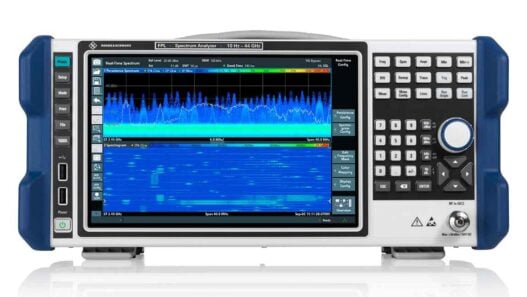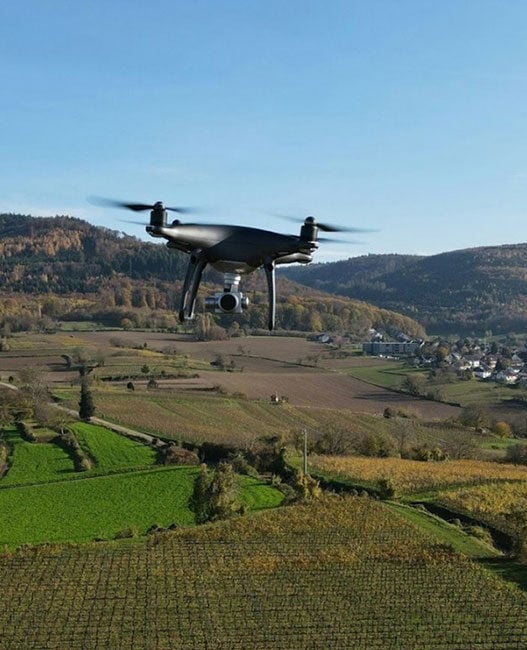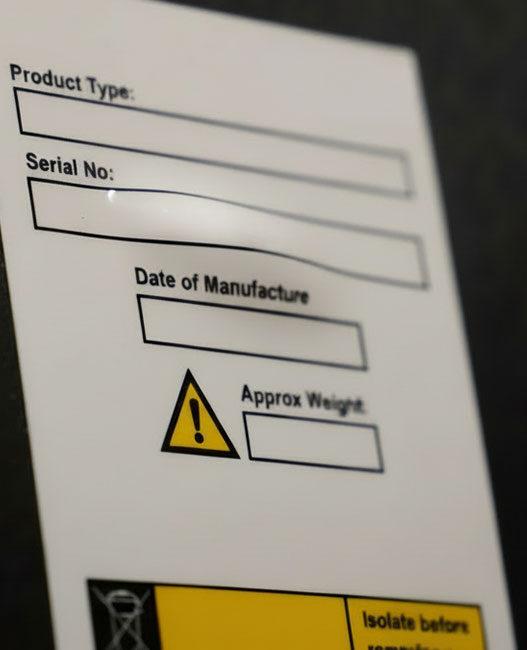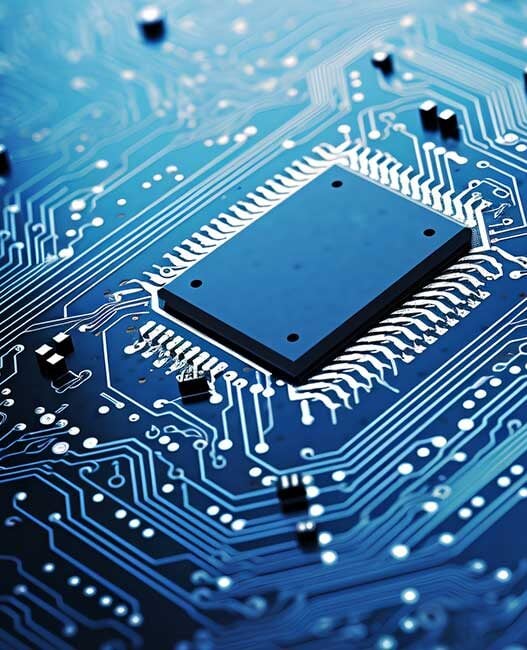Renewable energy is essential for Europe to meet power demand and reduce carbon emissions. Offshore wind offers many advantages over other forms of renewable energy, including high yield of power and lack of disruption to landscapes or noise pollution. High Voltage Direct Current (HVDC) will be the key technology for integrating offshore wind power into AC (alternating current) main grids and for interconnecting European countries’ AC grids. HVDC transmission offers efficient transmission of large amounts of power over long distances. Development of DC transmission has gained significant momentum as a result of two key drivers. Firstly, the development of modern power conversion technology (voltage source converter) and secondly, the need for transmission of offshore wind power. Plans for the interconnection of multiple renewable power sources, loads and AC grids through DC technologies are leading to the exciting transmission concept of HVDC grids.
If Europe is to take advantage of the environmental and economic opportunities offered by offshore wind power, HVDC grids and of the significant potential for the creation of a European energy ‘Supergrid’, research expertise, both in the private sector and in universities and research institutes, must be developed. MEDOW was coordinated by Cardiff University, UK and consortium partners were:
- Universitat Politècnica de Catalunya – Barcelona Tech (Spain)
- Control Intel.ligent de l’energia (Spain)
- Alstom Renovables España (now part of GE) (Spain)
- Universidade do Porto (Portugal)
- EFACEC (Portugal)
- Katholieke Universiteit Leuven (Belgium)
- Elia System Operator (Belgium)
- Danmarks Tekniske Universitet (Denmark)
- China Electric Power Research Institute (China)
The network also aimed to make meaningful research progress and generate new knowledge in DC grids and offshore wind power, building our network of people and organisations. Research activities and achievements include:
- Determination of DC grids suitable for offshore wind power and of characteristics of necessary converters;
- Development of algorithms for determining operating points;
- Development and use of a digital wind farm model for testing variable configurations and topologies;
- Development of a wind power reduction method;
- Development and validation of 2-Level and half-bridge and full-bridge modular multilevel converter (MMC) models;
- Comparison of different cell solutions for MMC including economic/technical comparison using proper index and comparison methods;
- Study of the influence of converter station configurations on DC Voltage Restoration Reserve (DCVRR);
- Analysis of DC grid faults and development of DC protection algorithms and post-fault restoration schemes;
- Investigation of the effects of DC grid faults on AC transmission power protection with high penetration of DC grids. Validation and testing of the outcomes in a closed-loop test with RTDS simulator, power amplifier and a commercial AC transmission relay;
- Design, development and testing of the prototype so-called Ultra-Fast Solid-State DC circuit Breaker;
- Application for patent protection for a ‘Fault Current Managing Branch for Surge-less current interruption in DC System’;
- Analysis of interactions between offshore wind farms and AC power systems with the objective of providing ancillary services;
- Determination of adverse interactions of HVDC converters with AC systems in the sub-harmonic (SSR) frequency domain and controller induced resonances at higher frequencies;
- Investigation of HVDC grid behaviour in the presence of AC faults;
- Implementation of developed algorithms on laboratory test platforms.
The consortium is due to sign a new grant agreement with the European Commission to run a second Marie Skłodowska-Curie Training Network, InnoDC, due to start in September 2017 and to offer another high quality training and development experience for promising young researchers in the field of offshore DC grids.















